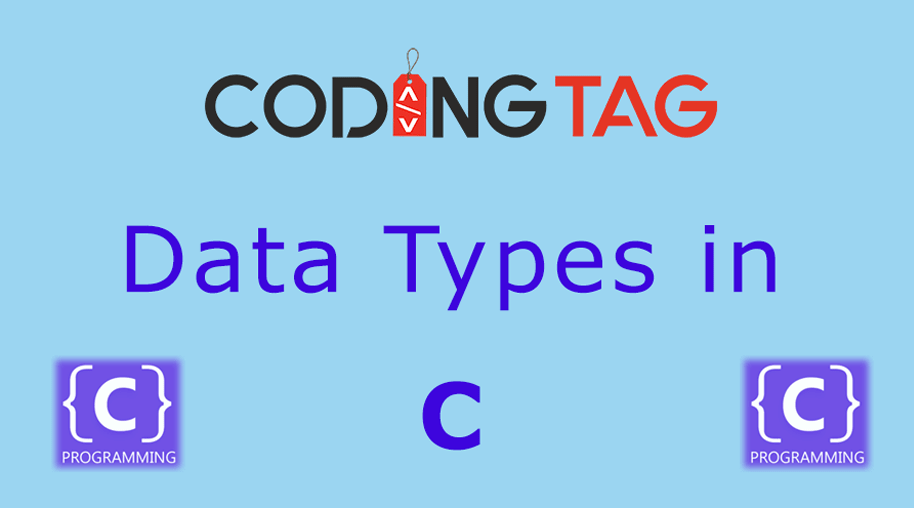Preprocessor in C
0 490
The preprocessor in C is a tool that processes the source code before actual compilation.
It handles directives that start with a # symbol, like #include, #define, and #ifdef.
These directives allow for file inclusion, macro definition, and conditional compilation.
Preprocessor Directives in C
#include: Includes a header file into the source code.
#define: Defines a macro or constant.
#ifdef / #ifndef: Checks if a macro is defined or not.
#if / #elif / #else / #endif: Conditional compilation based on expressions.
#undef: Undefines a macro.
#pragma: Provides compiler-specific directives.
#error: Generates a compile-time error message.
In this diagram:
Source Code: The original C code with preprocessor directives.
Preprocessor: Processes the source code and replaces or includes files as per directives.
Modified Source Code: The output after preprocessing.
Compiler: Compiles the modified source code.
Executable Program: The final output, an executable file.
The preprocessor's role is crucial for handling various tasks like code modularization, conditional compilation, and more, making it an essential part of C programming.
Macros
Macros are used to define constants or small snippets of code that can be expanded inline.
Example:
#define PI 3.14159 #define SQUARE(x) ((x) * (x))
File Inclusion
File inclusion directives are used to include header files in the source code.
Example:
#include<stdio.h>#include "myheader.h"
Conditional Compilation
Conditional compilation directives allow parts of the code to be compiled or omitted based on certain conditions.
Example:
#ifdef DEBUG
// Debugging code
#endif
Other Directives
This category includes other directives like #undef, #pragma, #error, and #line, which provide additional functionalities like undefining macros, compiler-specific directives, generating error messages, and changing line numbers.
Example:
#undef PI #pragma warning(disable: 4996) #error "An error occurred!" #line 100 "new_file.c"These main types of preprocessor directives enable C programmers to write more flexible, modular, and maintainable code by allowing conditional compilation, code reuse through macros, and seamless integration of header files.
Example:
// program for preprocessor in C #include<stdio.h>Output:// Define a macro for maximum value #define MAX(a, b) ((a) > (b) ? (a) : (b)) // Conditional compilation #ifdef DEBUG #define DEBUG_MSG "Debugging is enabled." #else #define DEBUG_MSG "Debugging is disabled." #endif int main() { int x = 10, y = 20; // Print the maximum of x and y using the MAX macro printf("Max of %d and %d is: %d\n", x, y, MAX(x, y)); // Print the debug message printf("%s\n", DEBUG_MSG); return 0; }
Maximum of 10 and 20 is: 20 Debugging is disabled.

Share:







Comments
Waiting for your comments